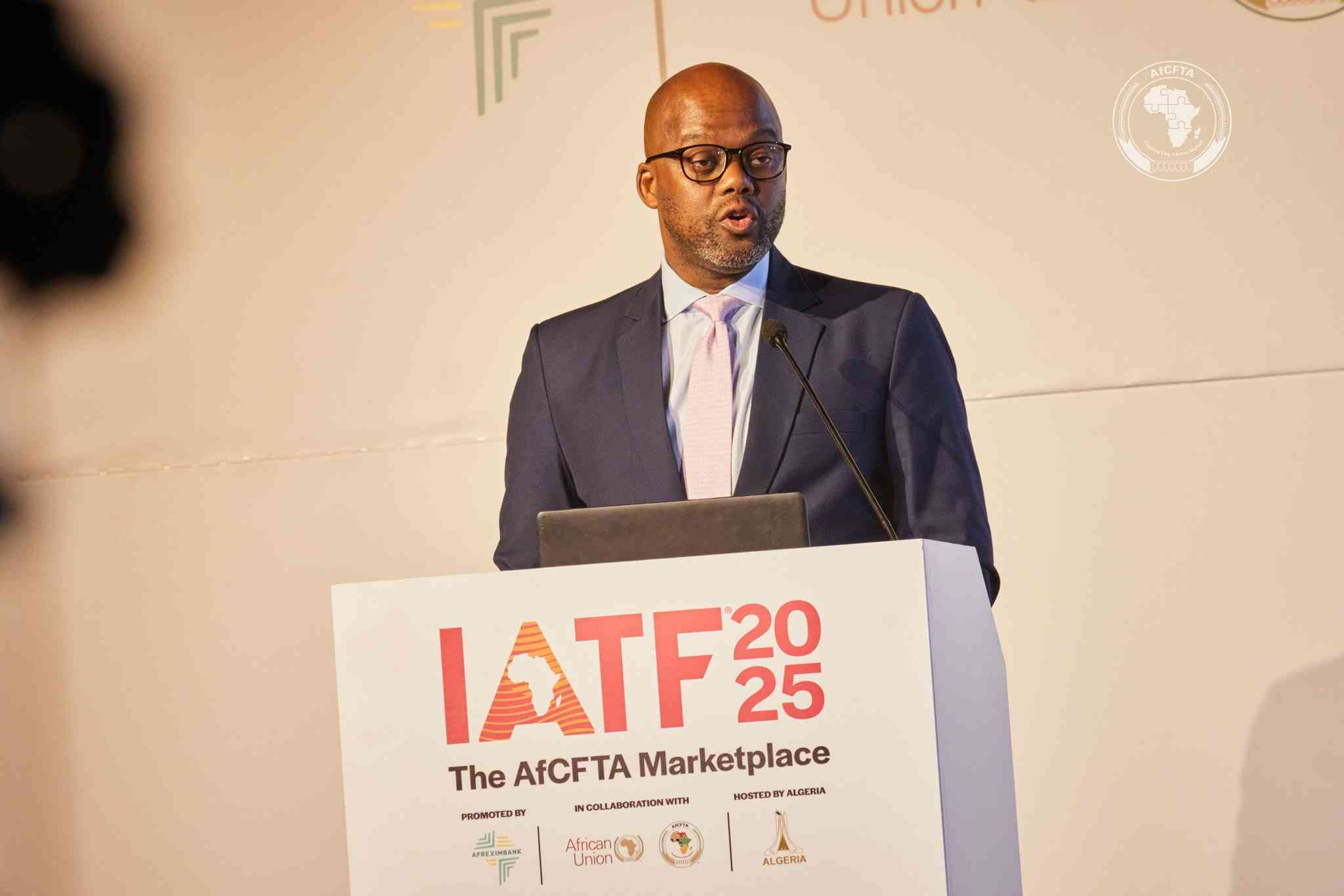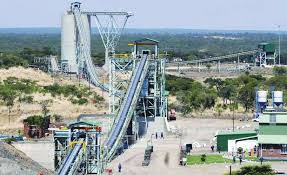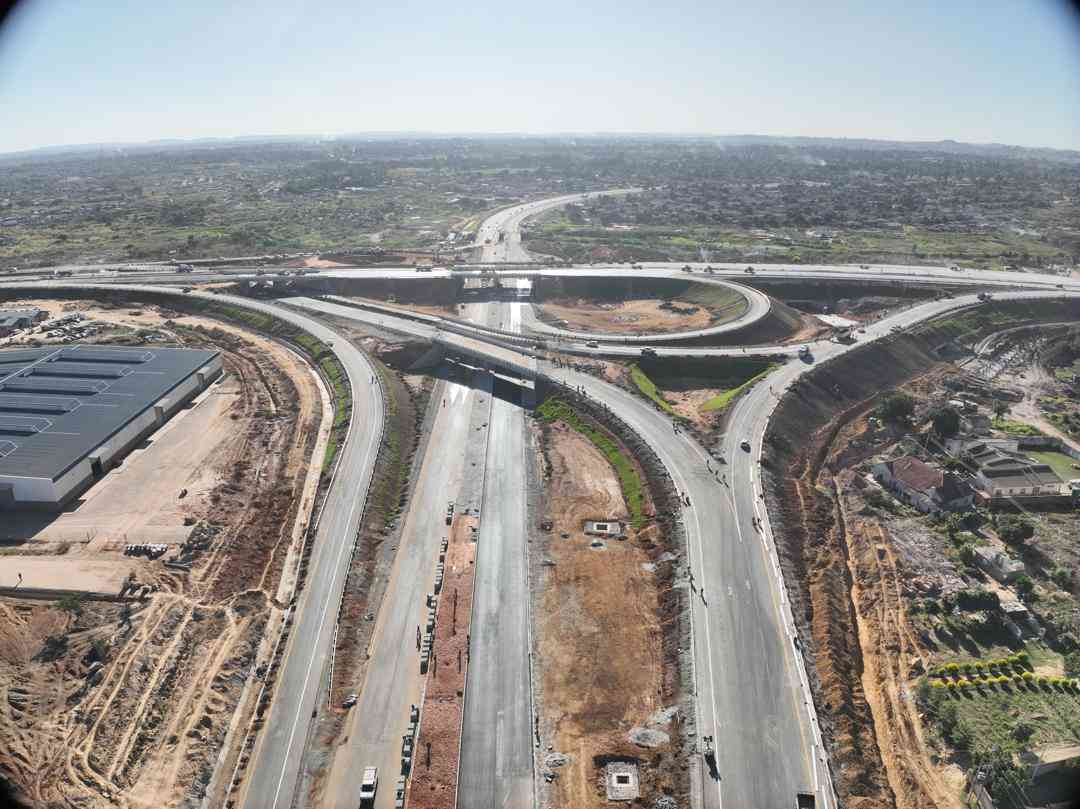
AFRICAN Export-Import Bank (Afreximbank) has committed a US$2 billion facility to sub-national governments across Africa to decentralise economic development and boost industrialisation, its president announced on Saturday.
The announcement was made by Afreximbank president Benedict Oramah at the 5th African Sub-Sovereign Governments Network (AfSNET) business engagement in Algeria.
“We firmly believe that development must be decentralised, originating where the needs are most pronounced in our cities, provinces, counties, and regions and cascading outward to influence national and continental progress,” Oramah said.
He described AfSNET as a powerful network fostering cross-border partnerships, which enables sub-sovereigns to access financing, educational exchanges, and critical market intelligence.
“To ensure that we convert these opportunities into tangible economic gains... we committed US$2 billion to support AfSNET sub-sovereigns with trade and investment financing,” Oramah stated, adding that the support is flexible and includes investments in industrial parks and special economic zones as hubs for value addition and job creation.
Also speaking at the event, AfCFTA Secretariat secretary-general Wamkele Mene said sub-sovereigns are uniquely positioned to support transport, trade, and industrial development.
“Investments in intermediary cities are especially critical in terms of connecting our rural communities to urban economies, unlocking regional potential and serving as an engine for growth,” Mene said.
He cautioned, however, that leaders must remain mindful of pressing challenges like rapid urbanisation and youth unemployment.
- Concerns over Zimbabwe mortgaging resources
- Concerns over Zimbabwe mortgaging resources
- Afreximbank opens office in Barbados as Africa, Caribbean ties deepen
- Afreximbank promises bigger, better IATF2023
Keep Reading
“Trade and investment are catalysts for job creation, innovation and improved quality of life. This makes this platform imperative for engaging young people and SMEs and placing them at the centre of Africa's economic development,” he added.
Mene emphasised that public-private partnerships are key to mobilising resources for infrastructure and special economic zones, with the AfCFTA at the heart of the endeavour.
He called on national governments to facilitate decentralisation and align national policies with the comparative advantages of their sub-sovereigns, who in turn must “take full ownership and actively participate” in the platform.
Mene highlighted the critical role of special economic zones (SEZs), which are hosted and supported by sub-sovereign governments, in Africa's manufacturing capacity.
“The percentage of manufactured goods that Africa trades in is not insignificant, and this percentage... happens in our special economic zones,” he said.
In a significant policy shift, Mene announced that goods produced in African SEZs will now receive full preferential treatment under the AfCFTA.
The move, approved by the AU Assembly, is designed to correct an anomaly where goods from third-country zones received preferences over African products, and to empower local governments.
“We have now corrected this anomaly... We have, I believe, in a very short space of time, we shall see the results of this important step,” Mene said.











